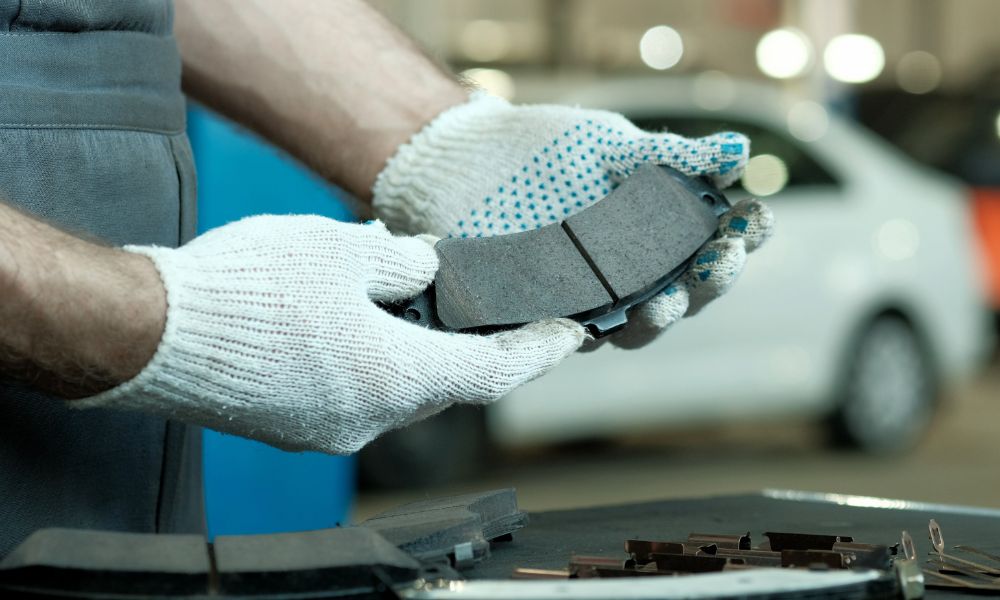The Emergence of Biodegradable Materials in Automotive Manufacturing

In recent years, there has been a growing concern about the impact that traditional manufacturing processes have on the environment. One of the industries that have come under scrutiny is the automotive industry, which is notorious for its use of non-renewable resources and the generation of waste. However, a new trend is emerging in the industry, which is the use of biodegradable materials in automotive manufacturing. Biodegradable materials are those that decompose naturally in the environment and do not leave any harmful residues behind.
The Benefits of Using Biodegradable Materials in Automotive Manufacturing
The use of biodegradable materials in automotive manufacturing offers several benefits. Firstly, it reduces the environmental impact of the manufacturing process. Traditional manufacturing processes generate a significant amount of waste, which can be harmful to the environment. Biodegradable materials, on the other hand, decompose naturally, leaving no harmful residues behind. Secondly, biodegradable materials are renewable, which means they can be replenished over time. This reduces the reliance on non-renewable resources, which are finite and can be depleted over time. Finally, the use of biodegradable materials in automotive manufacturing can help to reduce the carbon footprint of the industry, which is a significant contributor to greenhouse gas emissions.
Examples of Biodegradable Materials Used in Automotive Manufacturing
Several biodegradable materials are being used in automotive manufacturing, including:
- Bioplastics: Bioplastics are plastics made from renewable resources such as corn starch, sugarcane, and potato starch. They are used in the production of interior components such as dashboard panels, door trims, and seat cushions. Bioplastics are biodegradable and compostable.
- Natural Fibers: Natural fibers such as jute, sisal, and coconut are being used in the production of interior components such as door panels and seat backs. These fibers are biodegradable and renewable.
- Bio-based Foams: Bio-based foams are made from renewable resources such as soybeans and corn. They are used in the production of seat cushions and headrests. Bio-based foams are biodegradable and compostable.
The Future of Biodegradable Materials in Automotive Manufacturing
The use of biodegradable materials in automotive manufacturing is still in its early stages. However, there is a growing interest in the industry, and many companies are investing in research and development to find new and innovative ways to incorporate biodegradable materials into their manufacturing processes. In the future, we can expect to see more biodegradable materials being used in interior and exterior components, as well as in the production of electric and autonomous vehicles.
The emergence of biodegradable materials in automotive manufacturing is a positive development for the industry and the environment. The use of these materials offers several benefits, including reducing the environmental impact of the manufacturing process, reducing the reliance on non-renewable resources, and reducing the carbon footprint of the industry. As the industry continues to evolve, we can expect to see more companies adopting biodegradable materials in their manufacturing processes.



